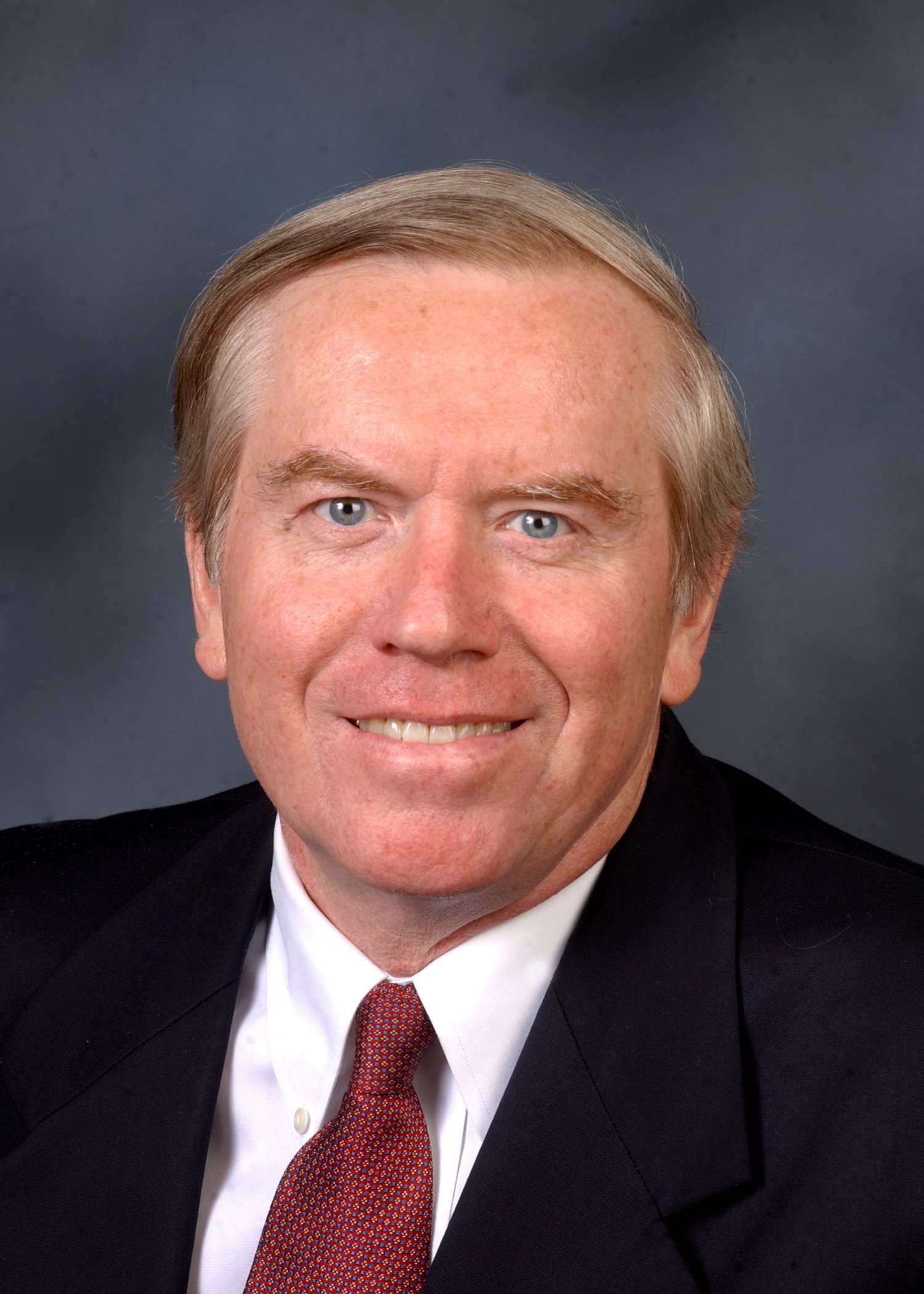The History of Business Law at Yale

George L. Priest, Edward J. Phelps Professor of Law and Economics, 1981-2024
George L. Priest (1947-2024) joined the Law School faculty in 1981, was named the John M. Olin Professor of Law and Economics in 1986, and the Edward J. Phelps Professor of Law and Economics in 2010. He was a fellow of the American Academy of Arts and Sciences and made foundational contributions to the study of law and economics, both in his research and in the organization of the field. He was one of the founders of the American Law and Economics Association (ALEA) in 1991 and served as its first president. The ALEA is the preeminent law and economics organization whose mission is to advance "the economic understanding of law and related areas of public policy and regulation." Priest also created the faculty workshop at the Law School as well as a law and economics workshop, which greatly enhanced the intellectual life of the School.
Priest’s 1984 article, "The Selection of Disputes for Litigation," coauthored with UCLA economist Benjamin Klein is among the most influential law and economics articles of all time. The article challenged the then-common practice of drawing broad conclusions regarding the law, its processes, and its social effects, from a study of litigation outcomes. The central insight was that some cases were more likely to settle than others, and thus litigated disputes were not representative of all disputes. By introducing the concept of selection bias into the legal literature, Priest and Klein fundamentally altered our understanding of the legal process as well as the interpretation of empirical analyses of litigation. The article resulted in Priest being one of the rare legal scholars with a theorem named after him, the Priest-Klein Hypothesis (the tendency of 50 percent plaintiff victories among litigated cases).
Priest was also one of the leading antitrust scholars. In 2007, he authored "Rethinking Antitrust Law in an Age of Network Industries," maintaining that antitrust analysis, which traditionally characterized vertical and horizontal agreements as restraints on competition, needed to evolve to accommodate networks, and in particular, to account for positive network effects. He thereby created a framework for the contemporary understanding of the competitive dynamics of technological giants.
Priest was a scholar of extraordinary breadth. In addition to his law and economics and antitrust scholarship, he made significant contributions to torts, consumer protection, and insurance law. He explored the connections between these fields in "The Modern Expansion of Tort Liability: Its Sources, Its Effects, and Its Reform" (1991), which contended that the expansion of tort liability in the 1970s resulted in the disruption of commercial property and casualty insurance markets in the 1980s, which in turn led to a contraction of goods and services available to the public, and to price increases for those still available. Priest noted that the expansion of tort liability provided few benefits; the rate of accidents did not decrease, and it was much more costly to deliver the same level of insurance benefits to victims through the tort system than through insurance policies (such as health care) that parties purchased for themselves.